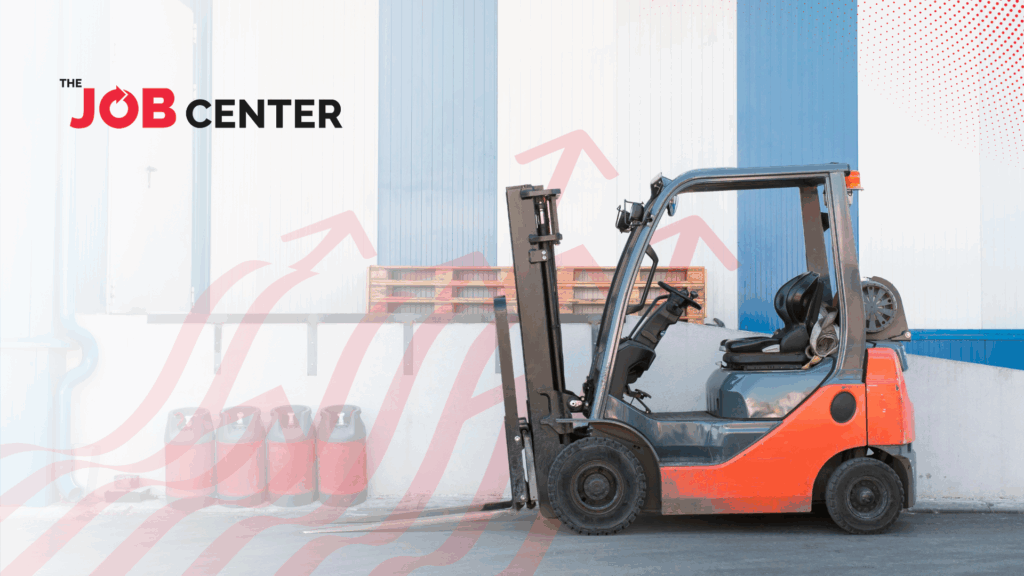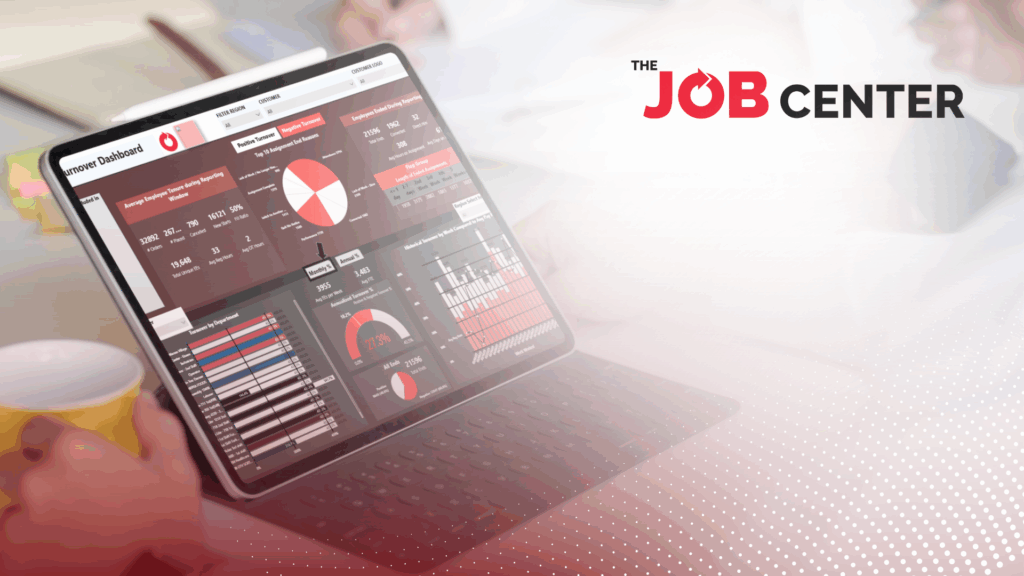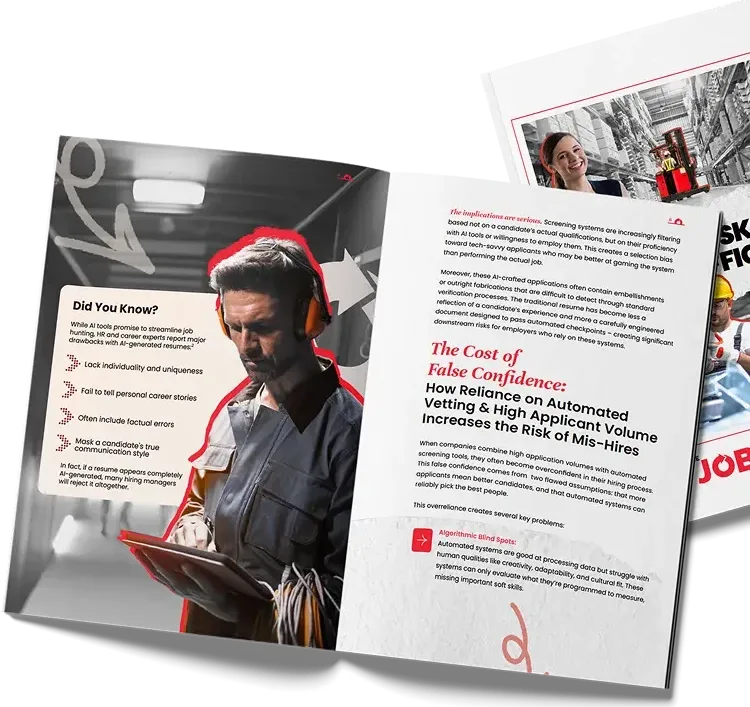Forklift Operators Wanted? Here’s How to Find Top Talent That Prioritizes Safety and Efficiency
While many companies rush to fill forklift operator roles to maintain normal operations, it’s essential to recognize the need for high-quality individuals. Instead of simply finding someone to fill the position, companies need to invest their time and resources in finding top talent who prioritizes safety and efficiency.
This article will discuss the importance of hiring safety-focused forklift operators in the manufacturing sector and discuss specific ways to ensure safety and efficiency by building the right workforce.
The Value of Safety in Manufacturing
Safety is not just a box to check in manufacturing—it’s the foundation of a successful operation. When employees feel protected in their work environment, they can focus fully on their tasks without fear or distraction. This improved focus leads to higher productivity and better-quality output across the facility.
Safe workplaces experience fewer accidents and injuries, resulting in less downtime, lower workers’ compensation costs, and more consistent staffing levels.
Proper safety protocols are especially important when workers operate large machinery like forklifts. In this context, a single mistake made by your operators can lead to serious injuries or costly equipment damage.
The Key to a Safe Workplace: Hiring the Right People
People think workplace safety depends solely on the protocols in place. However, the real foundation of a safe environment is hiring the right people. This is especially true in high-risk manufacturing sectors.
When you bring on employees who already value safety and have proper training, you create a workforce that naturally prevents accidents before they happen. This is particularly crucial for forklift operator positions, where one careless move can lead to serious injuries or production delays.
The right operators come to work with safety habits already in place. From inspecting their equipment daily to following proper loading procedures, these professionals remain alert to their surroundings at all times. Safety-minded employees help foster a positive workplace culture where team members look out for one another and speak up about potential hazards.
If you hire applicants with proven safety records and qualifications, your company can save significant resources. Remember that in manufacturing, your hiring decisions directly impact not just productivity, but the physical well-being of your entire team.
Read more: Why Warehouse Safety Starts with the Right Hiring Practices
5 Strategies to Build a Safe and Efficient Workforce
Despite the importance of workplace safety culture, it can be difficult to implement on an organizational scale. To encourage a safety mindset in every employee while promoting efficiency, consider implementing the following strategies:
1. Design job applications that attract safety-conscious candidates.
Your job posting serves as the first filter in finding safety-minded forklift operators. Smart employers highlight safety as a core company value directly in their job descriptions instead of burying it at the bottom. Include specific language about safety records, training programs, and equipment maintenance schedules to signal that safety isn’t just a buzzword.
The most effective postings also detail safety responsibilities as essential job functions rather than optional qualifications. If available, you can showcase safety awards and milestones. This can attract operators who take pride in working for safety-conscious organizations. Mentioning specific safety tools, technologies, or protocols used in your facility also helps draw candidates who already understand and value proper safety measures.
Read more: How to Stay Ahead in the War for Talent: Staffing Solutions that Give You a Competitive Edge
2. Carefully screen for important qualifications.
Thorough qualification screening separates truly competent operators from those who merely claim to be. As an employer, it’s your responsibility to verify documentation rather than taking candidates at their word about skills and experience. Think of this structured evaluation system as a balanced review—check multiple qualifications and make sure none are overlooked or overemphasized.
The best screening processes eliminate applicants who fail to meet safety standards before investing time in interviews or demonstrations. Create a standardized checklist for all applicants. Ensure consistent evaluation in order to remove hiring bias that might overlook crucial safety shortcomings.
Prioritize employees with the following qualifications:
a. Certifications and Training
OSHA-compliant forklift certification stands as the minimum requirement for any qualified operator candidate. This certification ensures operators understand basic safety regulations and have demonstrated at least entry-level competence in equipment operation. Beyond basic certification, employers should look for applicants with additional specialized training, such as hazardous materials handling, specialized load management, or advanced safety courses that go beyond minimum requirements.
b. Technical Competencies
Experience with multiple forklift types (counterbalance, reach, order picker, narrow aisle) dramatically increases an operator’s value and versatility within your facility. These candidates bring adaptability that helps reduce training costs and improves operational flexibility. The most qualified operators understand the unique safety considerations for each machine type and can apply them in the field.
c. Safety Mindset
Past behavior predicts future performance. This is especially true regarding safety habits and attitudes. Look for applicants who proactively mention safety precautions they’ve implemented or safety hazards they’ve identified in previous roles without being prompted. True safety champions ask detailed questions about your company’s safety protocols, equipment maintenance schedules, and near-miss reporting systems.
3. Utilize practical skills assessments and demonstrations.
Nothing reveals an operator’s capabilities like watching them perform actual tasks. Practical assessments cut through resume exaggerations and expose dangerous habits that might not surface during interviews. The most effective demonstrations include both routine operations and unexpected challenges that test an operator’s decision-making under pressure.
For effective assessments, create checklists that focus on specific safety behaviors.
- Are they adjusting speed properly?
- Do they check loads before lifting?
- How aware are they of their surroundings?
With candidate permission, recording these demonstrations gives your hiring team a chance to review the details later. It’s much better than relying on memory or gut feelings when deciding who you’ll extend the offer to.
4. Analyze safety records and work history.
Employment gaps and frequent job changes often tell important stories about reliability and performance issues. Request detailed explanations of any workplace incidents or accidents involving the candidates. Pay close attention to the level of accountability in their explanation.
The way applicants describe previous employers’ safety cultures provides insight into their own standards and expectations. Many employers mistakenly skip thorough background verification, but contacting previous supervisors specifically about safety habits can reveal critical information that job seekers won’t volunteer.
Look for consistency between the candidate’s claims about their safety record and what previous employers report. Remember that discrepancies often signal potential problems that could impact your workplace.
5. Partner with a specialized staffing firm.
Staffing agencies focused on industrial positions maintain large networks of pre-screened candidates with verified skills and certifications. If building a strong culture that prioritizes safety and efficiency feels challenging, partnering with a third-party firm can be a good consideration.
Due to their expertise, the recruiting teams of staffing firms understand the technical requirements and safety standards specific to a forklift operator. Quality staffing partners conduct their own skills assessments and background checks before presenting you with viable candidates. This can save you significant time and resources in the initial screening process.
Companies like The Job Center Staffing offer temporary-to-permanent hiring options. This allows your company to evaluate operators in actual working conditions before making long-term commitments. They also offer other staffing solutions that can best fit your workforce’s needs.
Build a safe organizational culture with expert guidance.
The Job Center Staffing is a staffing company dedicated to creating mutually beneficial relationships. We focus on providing our partners with top-quality candidates who thrive in safety practices and contribute to a positive organizational culture.
With us on your side, you can find the right people for your open positions. Contact us today or download our app to learn more!
About
Joey Stoller
Other articles





